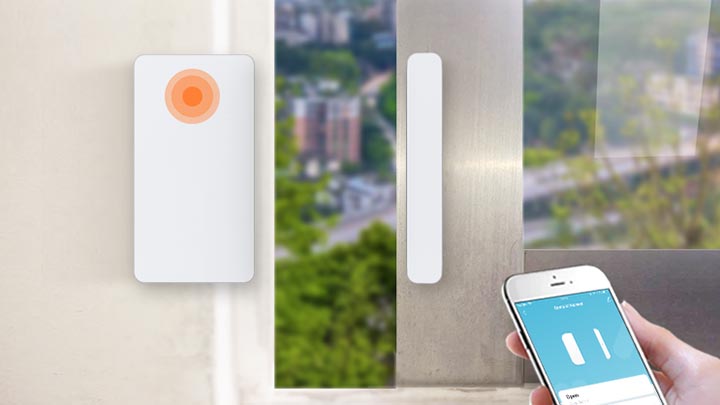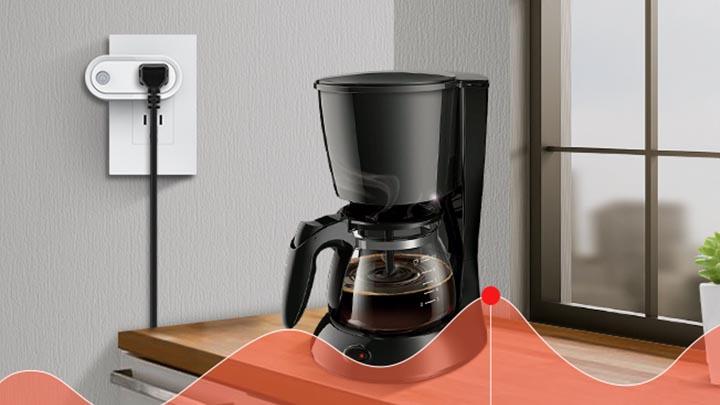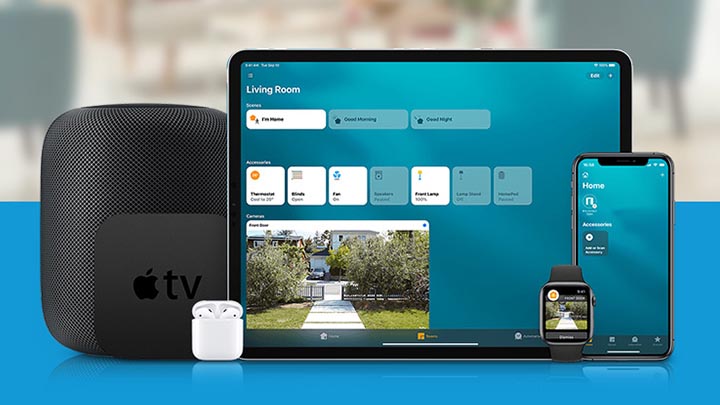Smart Homes: The New Trend in Modern Living
In the ever-evolving world of technology, smart homes have emerged as a new symbol of modern living. Integrating cutting-edge technology with daily life, smart home systems enhance convenience, security, and energy efficiency, making them a popular choice for tech-savvy homeowners.
What Is a Smart Home?
A smart home is a residence equipped with internet-connected devices that enable remote monitoring and management of systems like lighting, heating, security, and appliances. These devices, often controlled through mobile apps or voice commands, create a seamless and automated living experience.
Why Are Smart Homes Trending?
1. Convenience and AutomationSmart home systems allow users to automate daily tasks, such as adjusting the thermostat, controlling lights, or scheduling appliances. For instance, a smart coffee maker can prepare your morning brew before you even get out of bed.
2. Energy EfficiencyEnergy-saving devices, like smart thermostats and lighting, help reduce electricity consumption by optimizing usage. These systems can adjust based on occupancy or time of day, promoting sustainable living.
3. Enhanced SecuritySmart security systems, including cameras, doorbell monitors, and motion sensors, provide real-time surveillance and alerts. Remote access allows homeowners to monitor their property even when they're away, ensuring peace of mind.
4. Personalized LivingSmart homes adapt to individual preferences. From setting ideal room temperatures to curating playlists for different moods, these systems make homes more personalized and enjoyable.
5. Increased Property ValueHomes equipped with smart technology are highly attractive in the real estate market. Buyers see the added value in automation, energy efficiency, and enhanced security, making smart homes a worthwhile investment.
Popular Smart Home Features
1. Smart AssistantsDevices like Amazon Echo, Google Nest, and Apple HomePod act as central hubs, enabling voice control for connected systems.
2. Smart LightingSmart bulbs and switches offer dimming, color-changing, and scheduling features, creating the perfect ambiance for any occasion.
3. Smart AppliancesFrom refrigerators that suggest recipes to washing machines that can be controlled remotely, smart appliances redefine convenience.
4. Smart Security SystemsVideo doorbells, advanced locks, and integrated alarm systems enhance home protection, making it easy to monitor activities from anywhere.
5. Smart Climate ControlDevices like Nest Thermostats and Ecobee systems learn user habits and optimize heating and cooling for comfort and savings.
Challenges of Smart Homes
While the benefits are compelling, smart homes are not without challenges:
- High Initial Costs: Setting up a fully automated home can be expensive.
- Privacy Concerns: Internet-connected devices pose risks of data breaches and hacking.
- Technical Learning Curve: Not all users are comfortable with advanced technologies.
The Future of Smart Homes
As technology advances, smart homes are becoming more accessible and affordable. Innovations like AI-driven automation, integration with renewable energy sources, and advancements in IoT (Internet of Things) will further transform how we interact with our living spaces.
Conclusion
Smart homes are not just a trend but a glimpse into the future of living. Combining convenience, sustainability, and security, they redefine the way people interact with their homes. As technology continues to evolve, the smart home is set to become an integral part of modern life, making everyday living more efficient and enjoyable.




